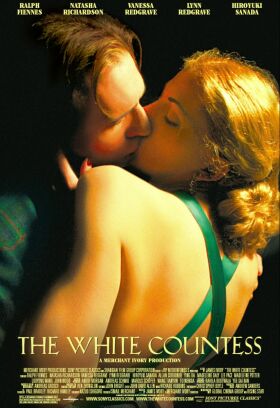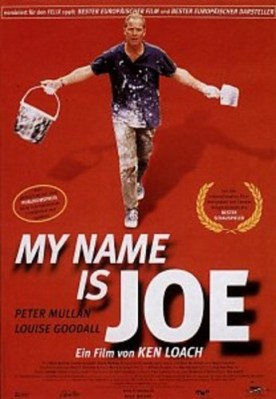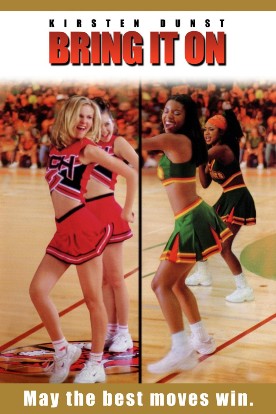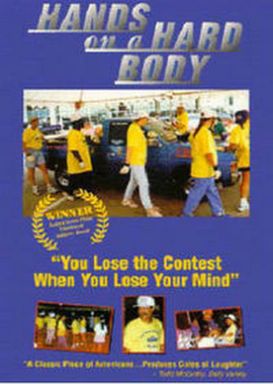White Countess, The
A confession: I hate, hate, hate Merchant-Ivory movies. Probably, I should recuse myself from reviewing them, so much do I hate them. But now comes what is presumably the last of them — since Ismail Merchant died in May — and it perfectly embodies everything I hate about them. This means that those who, unlike me, love these films, will really love The White Countess. Or so I imagine. Set in the international city of Shanghai in the late 1930s, the film adds to its exotic setting and high-minded message an all-star cast, including a clutch of Redgraves — Vanessa, her sister Lynn and her daughter Natasha Richardson — as well as the great Ralph Fiennes and the even greater John Wood, who is given hardly anything to do. What could be more appealing to Merchant-Ivory fans — of which I am, most emphatically, not one.
Did I mention, by the way, that I hate Merchant-Ivory movies?
One reason for my hatred of them is that these movies are are pure vehicles for emotion, and emoting, in which there is seldom much in the way of incident or plot. In The White Countess nothing very much happens until war breaks out in the final reel, and even the war is only there to get the static characters moving a bit. The rest of the plot consists of Mr Fiennes’s character, a distinguished American diplomat called Todd Jackson, risking his savings to bet on a horse, thus winning enough money to open his own “ideal bar” or night club in Shanghai. Then he opens it. Then a Japanese man called Matsuda (Hiroyuki Sanada ) helps him, at his request, to add “political tension” to the mix at this ideal bar by bringing in a few Chinese communists, a few Chinese nationalists and a few Japanese “businessmen” like himself, who are really the advance scouts for a Japanese invasion and takeover.
And, er, that’s about it.
Almost all the rest consists of two strands of emotional demonstration. The first consists of complaints from the noble Russian relatives of Miss Richardson, the eponymous Countess, about how she has disgraced the family by becoming a taxi-dancer in the dives of Shanghai and the Countess’s saintly endurance of same. The second consists of Mr Fiennes, a blind man who, along with his sight, has lost his wife, his daughter and his ideals (the latter articles having been abandoned after his efforts to bring about world peace through the League of Nations have come to nothing), looking noble, vulnerable, adorable and pitiable. Now he wants nothing more than to be proprietor of that perfect bar, the ideal bar, which he calls The White Countess after its “centerpiece,” Miss Richardson’s Countess Sophia. To his intuitive sense of such things, she provides the perfect “balance between the erotic and the tragic.” Not coincidentally, that is exactly the balance that Mr Ivory, who directed from a screenplay by Kazuo Ishiguro, is trying to create in his film.
Of course he fails. The erotic fizzles out pretty early on and the tragic is way too self-conscious. Mr Jackson and the Countess are nothing like real people; both are merely paragons of noble suffering and disillusionment. In the end, like all Merchant-Ivory films, The White Countess ends up being about how awful our ancestors were — all but a few noble and maverick souls like Mr Jackson and the Countess Sophia, that is. And of course the few members of the genuine and down-to-earth lower orders whom we are allowed to see. Here they are represented by a host of anonymous and unspeaking Chinese people and the family of a Jewish refugee called Samuel Feinstein (Allan Corduner) who lives downstairs from the Countess’s family. The latter family, in particular, comes in for quite an authorial trouncing on account of their stifling sense of respectability and decorum, their obsession with class and honor, and their contemptible lack of frankness and open-mindedness about sex. How dare they cling like that to the social and moral assumptions of their times — assumptions that the enlightened, like ourselves, have long since understood to be outmoded?
Thus the picture ends with the Countess’s young daughter (Madeleine Potter) being saved from the dreadful respectability of her relatives for the way more fun bohemian life of her mother and that nice Mr Jackson. Yet the film, also characteristically of Merchant-Ivory, really lacks the courage of its convictions. The Countess, is just a taxi-dancer. Though the awful family insists that “God will punish her” and that “she might as well be on the streets,” if she ever offers her clients anything more than a dance we never see it. And when she becomes the “centerpiece” of Mr Jackson’s bar, he promises her that she won’t even have to dance — much. Is it all just a misunderstanding then? And would the family’s snobbery and prejudice be justified to the picture’s two I’s — Ivory and Ishiguro — if she really were on the streets? Somehow I don’t think so. But the authors make their work easy for themselves by exaggerating the snobbery and prejudice of the bad just as they exaggerate the nobility and selflessness of the good.
There is a repeated belaboring of the point about how a young business associate of Mr Jackson’s, unlike him, “fails to see what there is to see” and how, in particular, he can’t see the beauty of “all this” — meaning the bar. Mr Jackson is blind, you see, while the young associate is apparently sighted. Get it? Unfortunately, the beauty of the bar rather escapes me as well, and nor is there very much of an attempt on Mr Ivory’s part to display it. There is some dancing, some singing, some jazz and some “political tension” but not much to distinguish the place from any other nightclub so far as the viewer is concerned. Even the Countess’s duties as centerpiece seem to involve her in little more than sitting around and smiling. She is beautiful enough, perhaps, but that doesn’t make “all this” beautiful too — unless, perhaps, she is seen through the eyes of a visionary blind man in love.
For it is not giving anything away to note that the tragic blind man and the tragic Countess are bound to “hook up,” as their grandchildren might indecorously put it, in the end. As this — the end — comes nearly two hours and twenty minutes after the atmospheric but otherwise crashingly uneventful beginning, it’s not a moment too soon either. Or not unless you like such facile moral and aesthetic posturings, the stock in trade of the old firm of Merchant-Ivory, a great deal more than I do.
Discover more from James Bowman
Subscribe to get the latest posts to your email.








